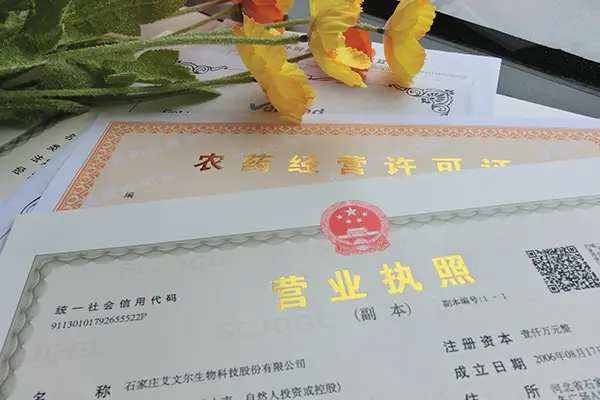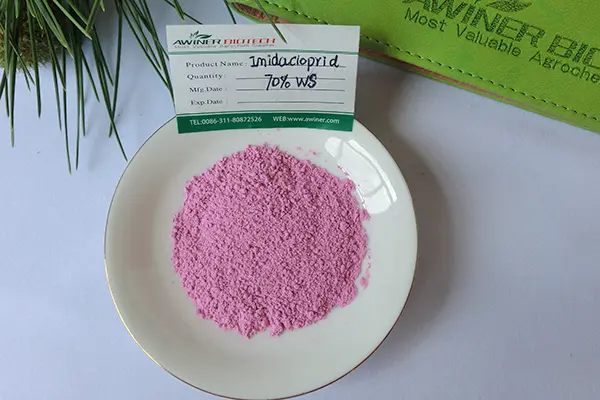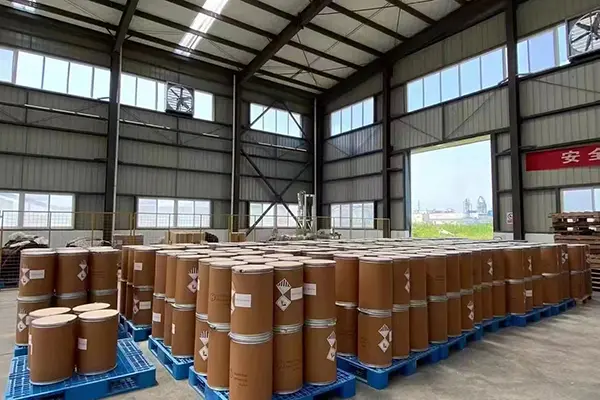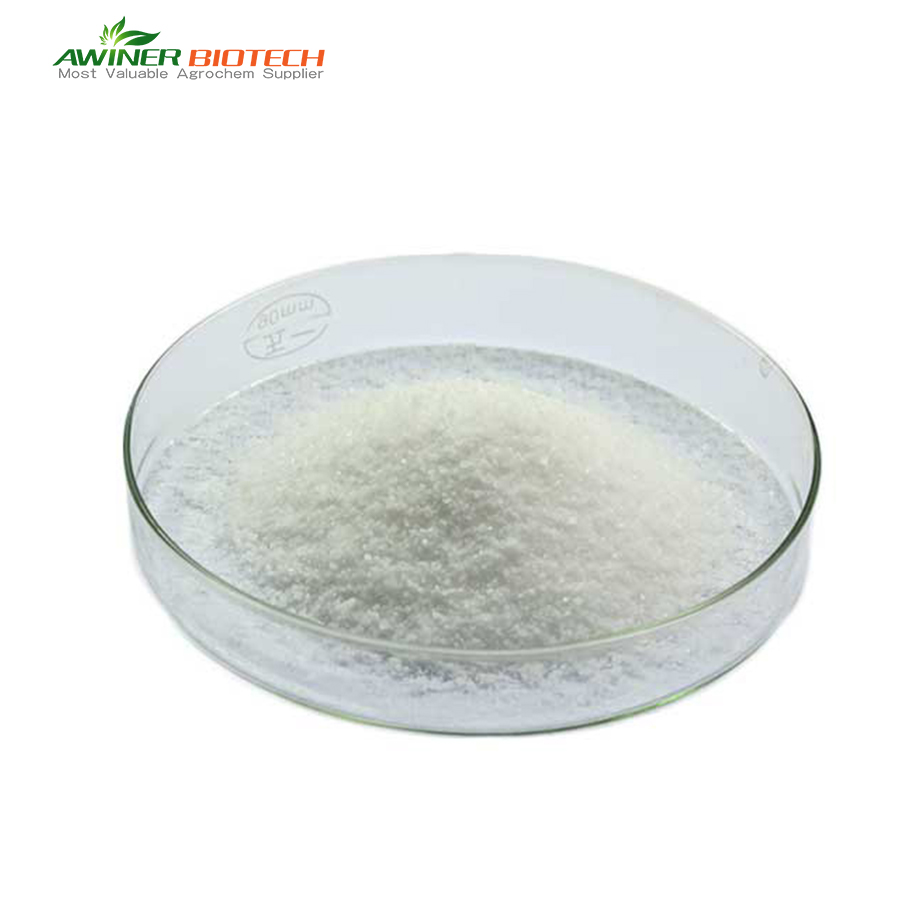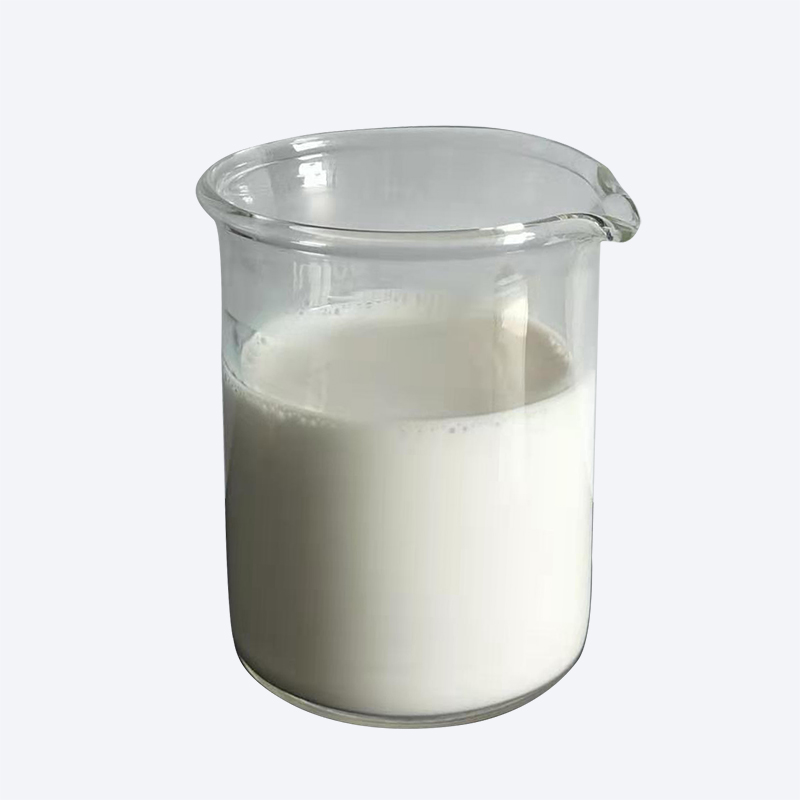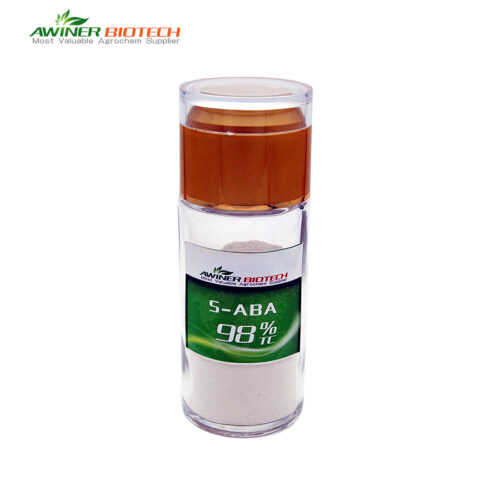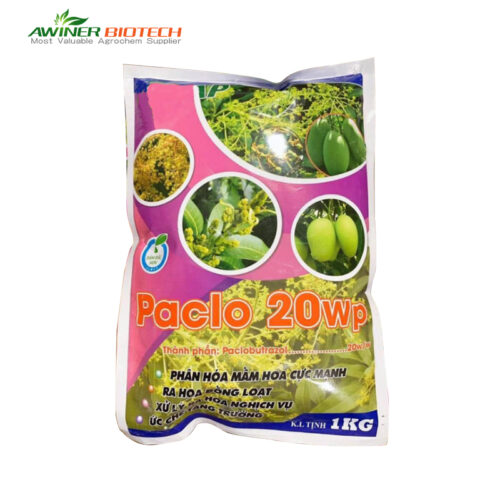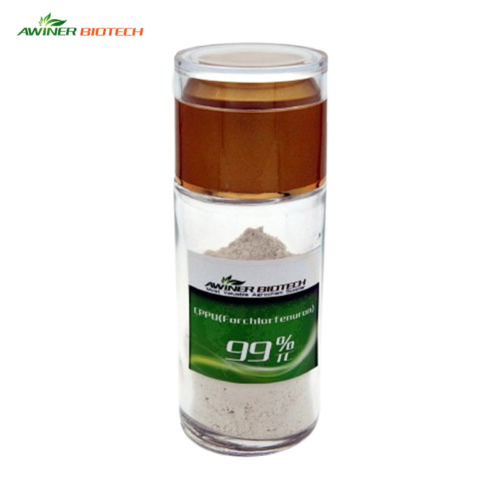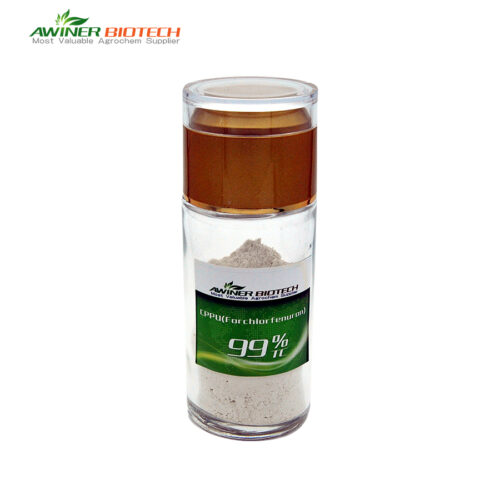Choline chloride |
|
| Formulation | 60% AS,70% SL |
| Packing | Liquid:50ml、100ml、250ml、500ml、1L、5L、10L、20L Solid:10g、50g、100g、250g、500g、1kg、5kg、10kg、25kg |
| Crops | Potatoes Peanuts Ginger Chili |
| Certification | SGS、 ISO 、BV |
| Delivery time | 20-30 days |
| Mixture products | 6-Benzylaminopurine+Choline chloride Diethyl Aminoethyl Hexanoate+Choline chloride 4-Indol-3-ylbutyric Acid+Choline chloride (+)-Abscisic Acid+Choline chloride Chitosan+Choline chloride |
| Payment terms |  |
Choline chloride is an essential nutrient that plays a critical role in various biological processes in both plants and animals. In plants, choline chloride serves as a vital component in the synthesis of phospholipids, which are integral to cell membrane structure and function. Additionally, choline chloride is involved in the production of the plant growth regulator, glycine betaine, which helps plants manage stress conditions such as drought and salinity. By enhancing stress tolerance, choline chloride contributes to healthier, more resilient plant growth.
Choline Chloride Product Description
Choline chloride is an essential nutrient widely used in animal nutrition and plant health. As a source of choline, it plays a critical role in various biological functions. Choline chloride supports optimal growth and development in both livestock and plants.
Benefits in Animal Nutrition
In animal feeds, choline chloride enhances metabolism, promotes healthy liver function, and supports cell membrane integrity. It also aids in fat metabolism, reducing fat accumulation in the liver. This results in improved growth rates and feed efficiency in livestock, including poultry and swine. Additionally, it helps prevent deficiencies that can lead to poor reproductive performance and developmental issues in young animals.
Application in Plant Health
Choline chloride also benefits crops by improving root development and nutrient uptake. It acts as a natural growth promoter, enhancing photosynthesis and overall plant vigor. This nutrient is particularly beneficial for crops such as corn, soybeans, and vegetables, where healthy growth and yield are crucial.
Symptoms of Deficiency
When plants lack adequate choline, symptoms may include stunted growth, poor root development, and reduced crop yields. In animals, deficiency can lead to poor growth, fatty liver disease, and reproductive issues. Identifying these symptoms early allows for timely intervention.
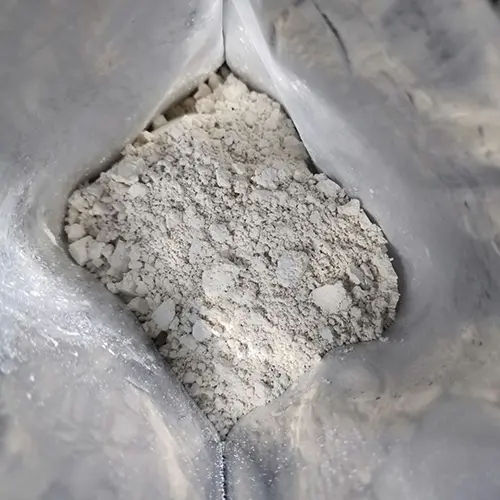 |
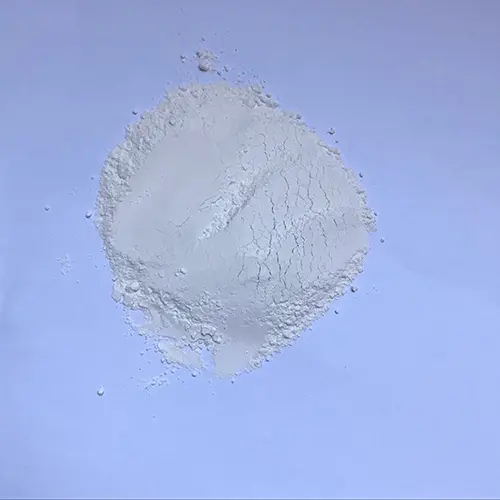 |
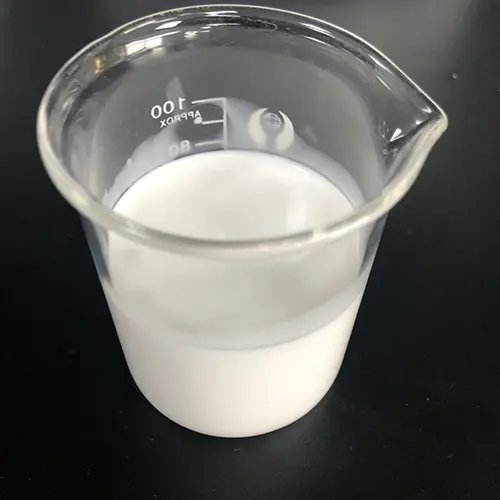 |
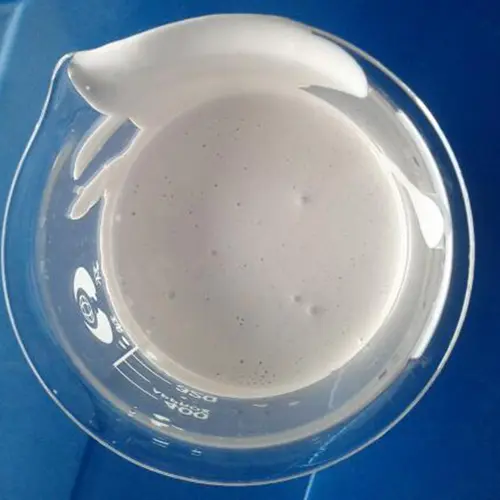 |
 |
Best Timing for Application
For optimal results in animal nutrition, choline chloride should be included in feed formulations from the start of the feeding period. In plants, it can be applied during key growth stages, particularly during early development and vegetative stages. Foliar applications or soil amendments can enhance nutrient availability and uptake.
<About Awiner Biotech>
